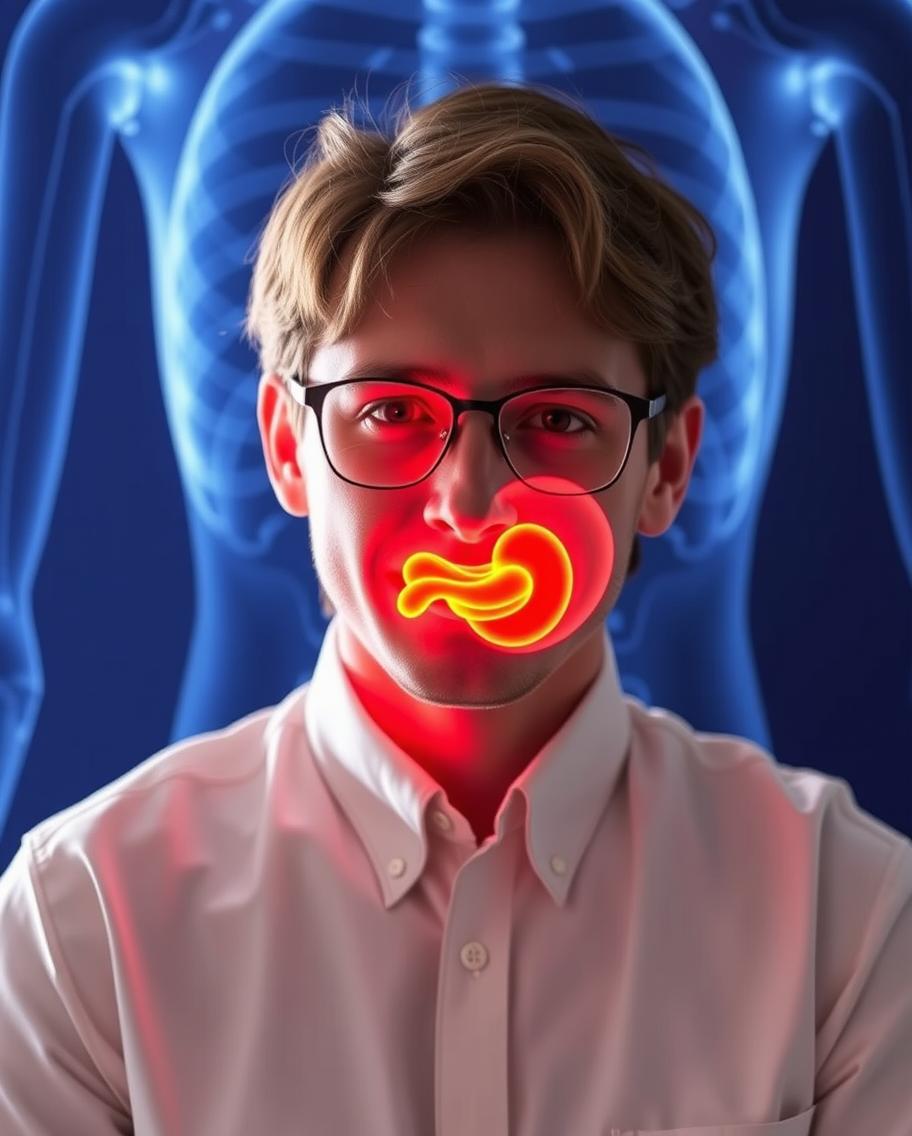Introduction
Ulcuprazol – A New Hope in Managing Peptic Ulcers and GERD gastrointestinal Diseases have been a long-standing global issue with thousands of people worldwide living on medications for their entire life. With the shift of research and development in this area, Ulcuprazol is unique based on its acid suppression innovation leading to more effective solutions for patients.
Ulcuprazol is New Advance Gastro Protective AgentInhibitor of Gastric Acid Secretion, which play cardinal role in the treatment and management for all acid-related Disorders. Antacids, H2 receptor antagonists and proton pump inhibitors (PPIs) have set the treatment standards for these diseases. The introduction of TNF antagonists has been successful but problems such as delayed onset of action, side effects with long-term use and variability in patient response remain.
What are Peptic Ulcers?
Peptic ulcers refer to open sores that develop within the lining of either the stomach, beginning of small intestine or esophagus. They usually result from infection with bacteria called Helicobacter pylori or long term utilization of nonsteroidal anti-inflammatory drugs (NSAIDs). Signs that can be used to recognize a peptic ulcer include feeling very full, sharp stomach pain, bloating as well as vomiting and in severe cases bleeding.
How Ulcuprazol Works
The mechanism by which Ulcuprazol works is through reduction in secretion activity of gastric mucosa’s proton pump cells. These secretory units secrete hydrochloric acid required for digestion but when produced excessively they damage linings of stomachs walls. This product inhibits these pumps and significantly reduces acidity therefore allowing healing processes on ulcers not cause further irritation.
Dosage and Administration
It can be found both orally as well as intravenously enabling its use across various patient types. The commonly recommended oral dose is 20mg taken once daily before any meal. Cases involving severe conditions such as bleeding ulcers can also benefit from its hospital administration through intravenous form.
Efficacy and Clinical Studies
Clinical evidence show that ulcer therapy with Ulcuprazole is extremely successful in treatment for peptic ulcers. In double-blind placebo-controlled trials patients taking Ulcuprazole showed considerable decrease in size and symptoms of ulceration within two weeks period after initiation of therapy. Moreover patients who were receiving maintenance therapy with Ulcuprazole had a much lower recurrence rate of ulcers compared to those who did not.
Safety and Side Effects
Like any medication, Ulcuprazol has its own side effects. Common among them are headache, diarrhea and abdominal pain which are usually mild and transient. However, chronic use of PPIs like Ulcuprazol is associated with increased fracture risks, kidney diseases and depletion of vitamin B12. It is therefore important for patients to be advised by their healthcare providers on the usage of this drug without surpassing the recommended duration for its intake.
Comparisons with Other PPIs
However there exist other few PPIs in market e.g. omeprazole and lansoprazole but Ulcuprazole differs from them since it starts working quickly and its effect lasts longer. On top of that, Ulcuprazole has been found to be more effective than other PPIs in healing resistant ulcers making it the choice for difficult-to-treat conditions.
Conclusion
The discovery of Ulcuprazol is an exciting progress in the field of gastroenterology. If it can provide better acid suppression which act quickly but with few side effects, this new compound may be of value in the suite for controlling acid-related disorders. With ongoing research and the emergence of new factual evidence, Ulcuprazol may soon become one of those top options on which some can rely simply for reducing their chance to develop peptic ulcers, GERD etc.
The entry of Ulcuprazol into the clinics will be a major breakthrough in gastrointestinal treatment as it can help patients who have been struggling with other therapies to find complete relief. Still a long way to go till the development of this pill, but hope is bright for acid-related disorder treatment with Ulcuprazol around the corner



